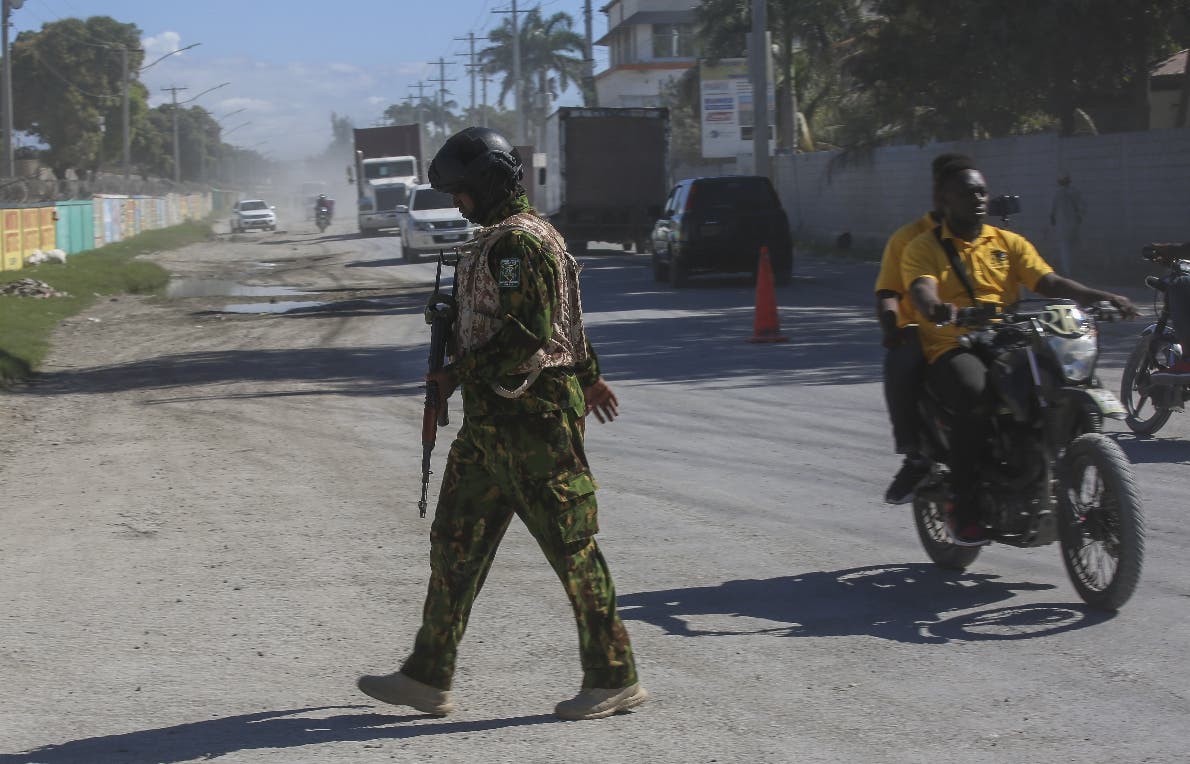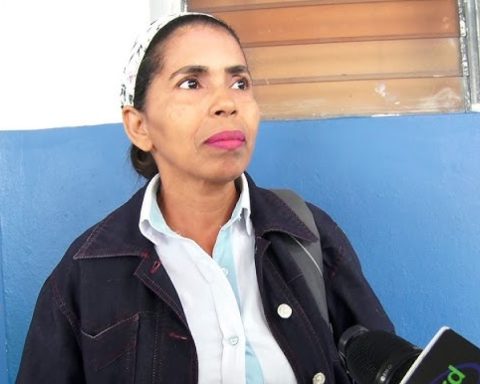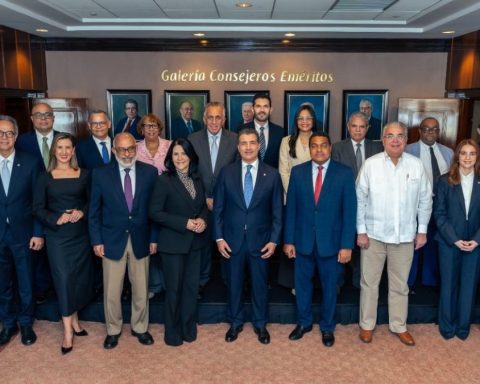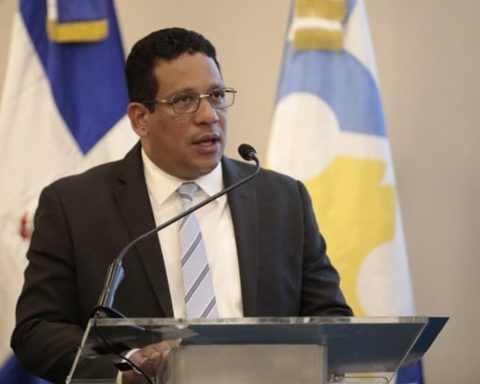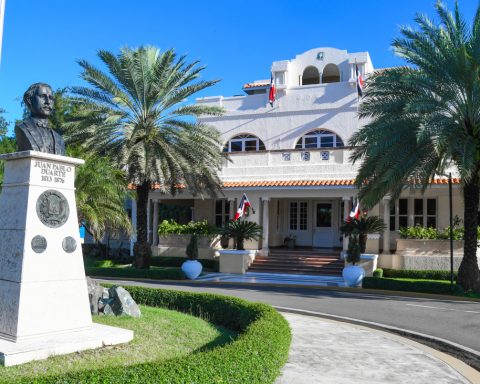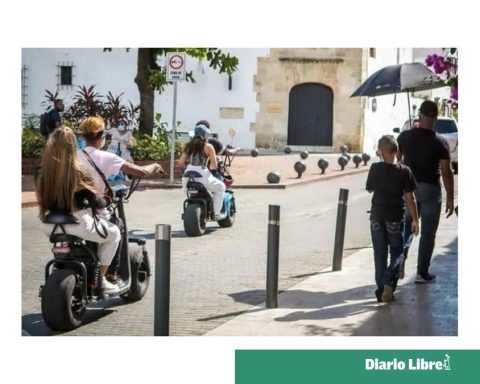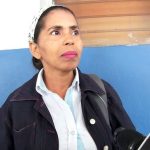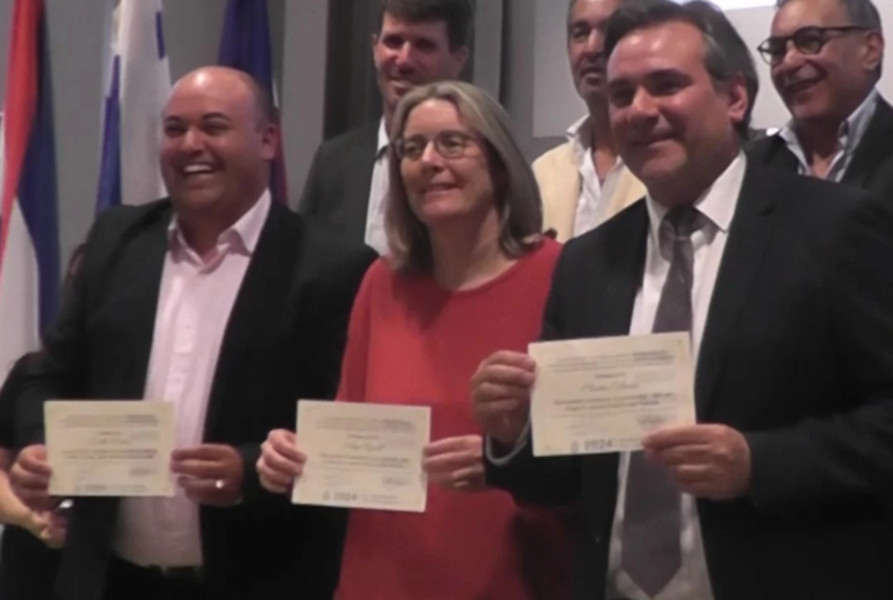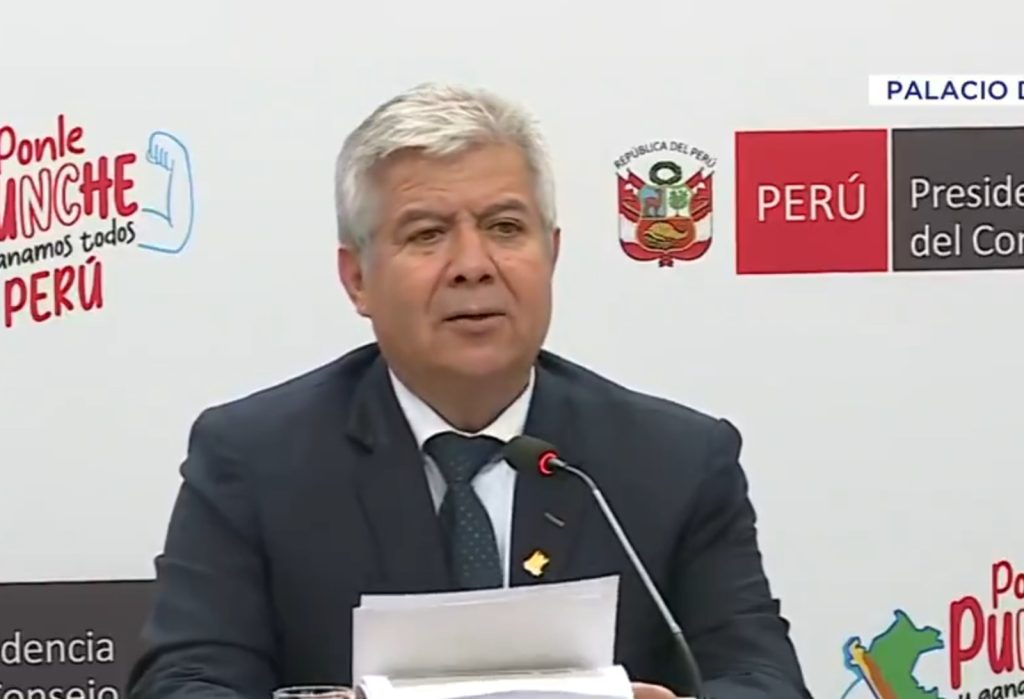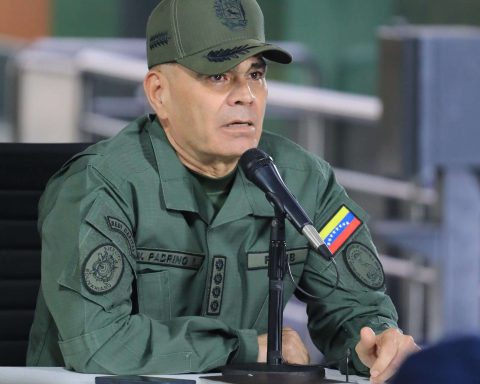Port-au-Prince, Haiti.-A new wave of violence is shaking Haiti, where at least twenty people, including women and children, were brutally murdered on the night of Tuesday to Wednesday in the Artibonite region, in the center of the country.
The massacre, attributed to the Gran Griff armed group, has shocked the country and unleashed new criticism about the authorities’ ability to guarantee security.
The coordinator of the Peace Initiative Committee in Artibonite, André Saint-Louis, confirmed that the attack took place in Petite Rivière, leaving an unknown number of dead and several kidnapped.
During the incursion, members of Gran Griff burned homes, despite the presence of the Haitian National Police (PNH) and the Multinational Security Support Force in the area.
Videos spread on social networks show scenes of horror, with bodies being thrown into the Artibonito River, which reinforces the impact of the tragedy.
This attack appears to be a retaliation by the armed group after the efforts of the local Bwa Kale movement, in which residents of Petite Rivière have taken justice into their own hands against criminal gangs.
The violence in Haiti does not stop. This event occurs a few days after more than 180 people were massacred in Wharf Jérémie, in the marginal neighborhood of Cité-Soleil, under the orders of Wa Mikano, leader of another armed gang.
This year, violence in the country has already claimed the lives of some 5,000 people, according to figures from the UN High Commissioner for Human Rights, Volker Türk.
Haiti is experiencing an unprecedented humanitarian crisis.
Doctors without Borders
— Service
The organization Doctors Without Borders (MSF) announced the partial resumption of its health activities in the metropolitan area of Port-au-Prince, 22 days after having suspended them due to threats and violence.
Europe questions referendum
Elections. The Council of Europe warned yesterday that organizing a constitutional referendum in March in Haiti is not realistic, because the priority must be to restore a minimum of security and basic living conditions.
The Venice Commission describes the calendar designed by the Transitional Presidential Council as surprisingly fast, with a constitutional referendum in March 2025 to organize presidential and legislative elections in February 2026.
For the experts of this body, who respond to a request for an opinion that the OAS had made to them, a balance must be found between security and inclusive participation.
